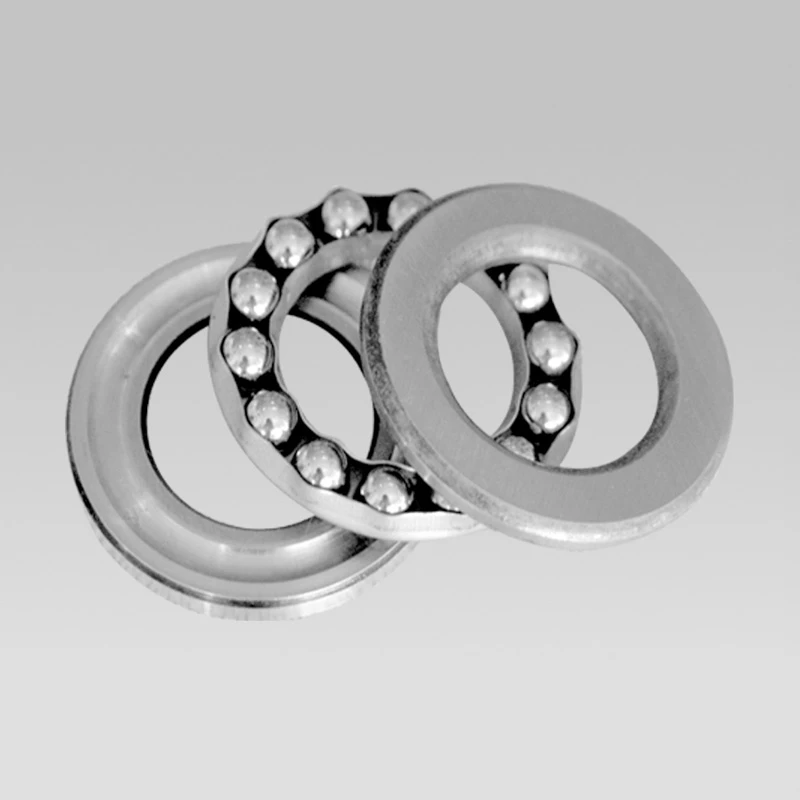
Dec . 27, 2024 07:18 Back to list
ceramic cylindrical roller bearings
Ceramic Cylindrical Roller Bearings Advancements and Applications
In the world of engineering and machinery, the efficiency and reliability of components play a crucial role in determining overall performance. Among these components, bearings are essential for reducing friction and supporting rotating parts. Recently, the introduction of ceramic cylindrical roller bearings has marked a significant advancement in bearing technology, revolutionizing various industries due to their unique properties.
Understanding Ceramic Cylindrical Roller Bearings
Ceramic cylindrical roller bearings are a type of bearing that incorporates ceramics into their design. Unlike traditional bearings, which typically use steel or similar materials, ceramic bearings feature rollers and races made from advanced ceramic materials, such as silicon nitride (Si3N4). This shift in materials provides several benefits that enhance the functionality of these bearings.
Advantages of Ceramic Bearings
1. Low Density Ceramic materials are significantly lighter than steel, which reduces the overall weight of the bearing. This characteristic is particularly beneficial in applications where weight savings contribute to performance, such as in aerospace and automotive engineering.
2. High Hardness and Wear Resistance Ceramic bearings are renowned for their exceptional hardness, making them highly resistant to wear and deformation. This durability translates into longer service life and decreased maintenance costs, as they require less frequent replacement compared to traditional bearings.
3. Thermal Stability Ceramics are more stable at higher temperatures than metals, allowing ceramic cylindrical roller bearings to perform effectively in environments with extreme thermal fluctuations. This property is especially advantageous in high-speed and high-temperature applications, where conventional bearings might fail.
4. Corrosion and Chemical Resistance Unlike metal bearings, ceramic rollers do not corrode when exposed to moisture or harmful chemicals. This resistance makes them suitable for use in challenging environments, such as in the chemical industry or marine applications.
5. Lower Friction The smooth surface of ceramic materials reduces friction significantly, resulting in increased efficiency. Lower friction translates to reduced heat generation and wear, which is crucial in high-performance applications.
ceramic cylindrical roller bearings

Applications of Ceramic Cylindrical Roller Bearings
The unique properties of ceramic cylindrical roller bearings make them particularly well-suited for various advanced applications
- Aerospace The aviation industry has increasingly adopted ceramic bearings due to their lightweight and high-performance characteristics, which contribute to improved fuel efficiency and reliability in aircraft components.
- Automotive In the automotive world, these bearings are utilized in high-performance vehicles and electric vehicles, where reduced weight and low friction can enhance speed and energy efficiency.
- Industrial Machinery In environments that involve high speeds and heavy loads, such as in robotics and heavy machinery, ceramic cylindrical roller bearings provide the durability and reliability needed to maintain operational efficacy.
- Medical Equipment The biocompatibility and corrosion resistance of ceramic materials make them ideal for use in medical devices, where precision and reliability are paramount.
Future Trends
As industries seek to improve efficiency and durability in their machinery, the demand for ceramic cylindrical roller bearings is expected to grow. Ongoing research into advanced manufacturing techniques and material science will likely yield even more sophisticated ceramic bearings, further integrating them into various technological advancements.
In summary, ceramic cylindrical roller bearings represent a significant leap forward in bearing technology. With outstanding properties such as low density, high hardness, thermal stability, and corrosion resistance, they have found a niche in diverse applications ranging from aerospace to industrial machinery. The future of ceramic bearings looks promising, as their adoption continues to rise in response to the increasing demands for efficiency and performance in modern engineering.
Latest news
-
Premium Deep Groove Ball Bearings | High Speed & Reliability
NewsAug.29,2025
-
Durable Scaffolding Clamps - Secure & Reliable Tube Connectors
NewsAug.28,2025
-
Common Failures in Thrust Ball Bearings and Solutions
NewsAug.22,2025
-
How Tapered Roller Bearings Can Take Shock Loads
NewsAug.22,2025
-
Angular Bearings in High-Precision Spindles
NewsAug.22,2025
-
The Impact of Misalignment on Cylindrical Roller Bearing Performance
NewsAug.22,2025
